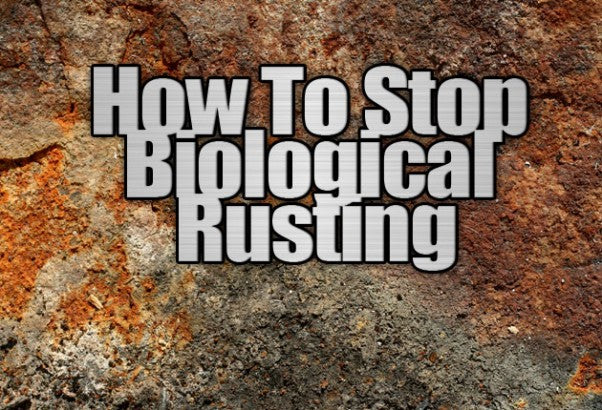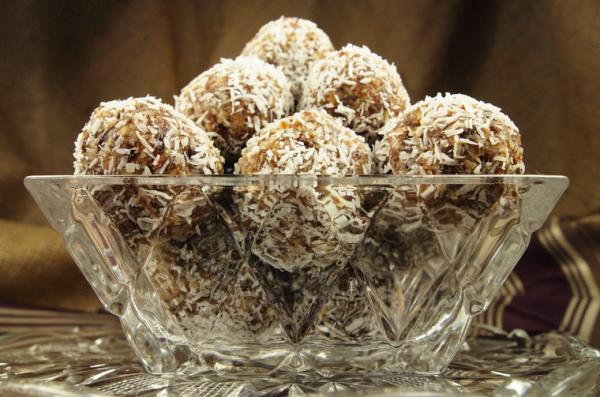If you've ever been to a vintage car show, you know that age is relative.
With proper care and attention, an old car can look and run like new — and a newer car can look like it's ready for the scrap heap if it's not taken care of.
The amount of rust a car has is a telltale sign of its longevity. Once rust sets in, it becomes systemic. You can try to cut it out, but it will appear somewhere else on the body soon after.
Rust is caused by oxidation just as burning is the rapid oxidation of wood in a campfire. Oxidation also happens in your body every time to breathe, think, exercise, eat or even sleep. It's a normal part of your body's metabolic activities.
Commonly called oxidative stress, it's just like rust on a car... the more there is, the older you become.
Fortunately for you, your body is a living organism. Unlike a car that can't stop rusting once it has started, your body has the ability to regenerate itself, enabling you to stop the damage and reverse the process of biological rusting with shiny, new cells.
The only way to do this is with antioxidants.
Your body naturally produces some antioxidants, but the older you get, the fewer your body produces. Not to mention that oxidative damage increases with age due to a lifetime of exposure to oxidative stress from toxins in your diet and in your environment.
Antioxidants include vitamins C and E, carotene, lycopene, and many other substances which are best absorbed from raw, living, plant-based foods. Here are some of the best sources (in alphabetical order):
- Almonds
- Artichokes
- Avocados
- Black beans
- Blackberries
- Blueberries
- Broccoli
- Cherries
- Cinnamon
- Cloves
- Cranberries
- Ginger
- Green and red pears
- Hazelnuts
- Kidney beans
- Kiwi
- Oats
- Oregano
- Pecans
- Pineapple
- Pinto beans
- Pistachios
- Plums (fresh or dried)
- Raspberries
- Red and white potatoes (with peel)
- Red cabbage
- Small red beans
- Spinach
- Strawberries
- Sweet potatoes
- Turmeric
- Walnuts
How do you deal with biological rusting? Comment below!







